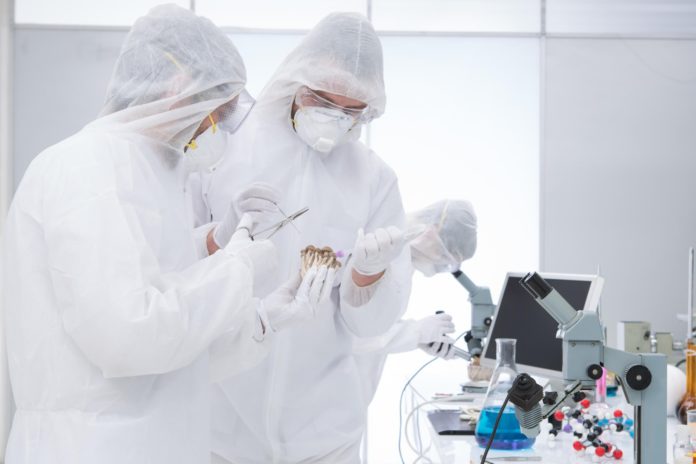The popularity of microdosing in Canada has been accelerating rapidly over recent years. Along with changing attitudes towards microdosing mushrooms in general, the widespread availability of Microcybin in Canada is spurring a whole new self-medicating movement nationwide.
But as is often the case with these kinds of trends, the microdosing movement in Canada is currently way ahead of the actual science. At least, in the sense that the scientific community is only just beginning to get to grips with the potential benefits of microdosing psilocybin and its effects on the human body.
In the meantime, millions continue to buy mushrooms online, figure out their own preferred dosage and use psilocybin for an extensive range of purposes. Some purely recreational in nature, others for more important therapeutic applications.
But what does science have to say about this trend, given the relatively remedial research conducted into psilocybin so far? Do early scientific findings back broad and diverse anecdotal evidence, or is research highlighting anything untoward about psilocybin and microdosing in general?
Positive Early Indications
The short answer to the question is relatively simple, if not entirely conclusive. The vast majority of early studies carried out into the practice of microdosing to date have brought to life almost entirely positive results.
While we may not yet have reached a stage where physicians are confident enough to recommend or prescribe psilocybin, microdosing has nonetheless been linked with the alleviation of various symptoms, side effects and health complaints. A few examples of which include chronic pain, issues with anxiety and depression, a long list of eating disorders and treatment (or perhaps even prevention) or Alzheimer’s disease.
Of course, it’s important to remember at this juncture that most early reviews and analysis have been performed almost exclusively on the basis of surveys. Hence, the entirety of the evidence used as the basis for such findings is anecdotal in nature, though this does not for one moment render it irrelevant, inaccurate or unreliable.
Particularly where other conventional courses of treatment and medication have proved ineffective, the potential for microdosing as a form of alternative therapy is huge.
Mental Health and Substance Addiction
One of the biggest studies carried out into the potential benefits and applications of microdosing to date focused on the correlation between psychedelics and the treatment of mental health issues and harmful substance addiction.
The study was carried out in 2018, which involved an extensive survey of more than 1,000 participants who were self-medicating with psilocybin.
Of these participants, 57% had previously been diagnosed with a psychological health issue, with 39% stating that their main objectives for using psychedelics was to improve their mental health. In addition, approximately 85% of this latter group stated that they had already tried conventional medications along with counselling and/or other forms of treatment for their conditions.
21% of those who took part in the study were using psychedelics to treat depression, while around 7% were struggling with elevated anxiety levels. 9% of those taking part had different psychological health complaints they were looking to alleviate, alongside around 2% who were struggling with substance addiction.
When the data was collated and analysed at the end of the study, at least 44% of those taking part said that microdosing had a ‘significant’ beneficial impact on their mental health. Moreover, 50% of the participants said that they were able to stop taking conventional antidepressants after beginning microdosing, while 40% said they no longer needed their prescription psychiatric meds.
The researchers reported that 19% of the participants experienced no real change in either direction after they began microdosing, while just over 1% said that microdosing made their symptoms or conditions ‘somewhat’ worse.
Risks Vs Benefits
By no means is anyone at this stage attempting to label the psilocybin craze a one-size-fits-all ‘wonder cure’ for any physical or psychological condition. However, several reviews into the use of psilocybin conducted by experienced researchers have reached the conclusion that the potential benefits of microdosing far outweigh the minimal risks.
The consumption of small quantities of psilocybin (and other psychedelics) has not to date been linked with any severe or prolonged physical effects of a negative nature. In instances where individuals have experimented with microdosing and had a negative experience, they’ve simply stopped using psychedelics and returned to more conventional treatment options.
For many, the appeal of microdosing lies in its potential to replace a wide variety of prescription medications, which in many instances are considered to be exponentially more harmful and/or addictive. Though it may be some time before the science catches up with the trend, which has only just begun hitting its stride in Canada and elsewhere.
